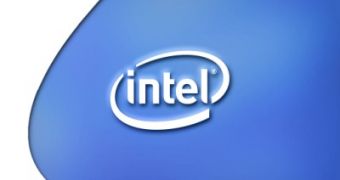The NAND memory has encountered a steep decline lately, which discouraged Intel in keeping its storage business. However, company executives claimed that they will move quickly to shield themselves against the resulting margin erosion they had dealt with in the first quarter of 2008. The company had to cut its first-quarter gross-margin forecast to 54 percent from 56 percent.
"This business will not be a drag on Intel," declared Paul Otellini, Intel's president and CEO, during the start of the company's annual investor's day conference Wednesday (March 5.) "We're going to fix it. Or we're going to make sure it's profitable."
From the outside, it seems like Otellini wants to calm down the financial analysts, since Intel can't do much in the respect of fixing the prices for its own flash business. The flash market is run like a commodity business (volume sales at small additional prices over the production costs), and the most important players seem not to be disturbed by that. This is the very reason memory businesses are spun in joint ventures: Intel partners with Micron, AMD has created Spansion, while Micron teamed up with Nanya. Sharing risks is a good policy.
However, Otellini assured the company investors that Intel is still on track with the storage division, while taking steps to expand its flash business into higher-value products while "modulating investment in capacity". Intel did not miss the first quarter forecast, as the company wouldn't have expected such a decline in pricing. While the company estimated pricing to fall 27 percent from the preceding three-month period, it witnessed a price tumble of 53 percent.
"Pricing has moved very rapidly, much more so than we thought," Otellini continued.
Despite the fact that the missed forecast affected only Intel's NAND memory business, analysts rushed to raise questions about the other businesses at Intel. Some of them even responded by cutting their revenue and profit estimations, while others proved impressed by Otellini's speech.
"We are encouraged by management's apparent determination not to let this segment become a sustained drag on the company's overall performance," claimed John Barton, an analyst at SG Cowen Securities.

 14 DAY TRIAL //
14 DAY TRIAL //